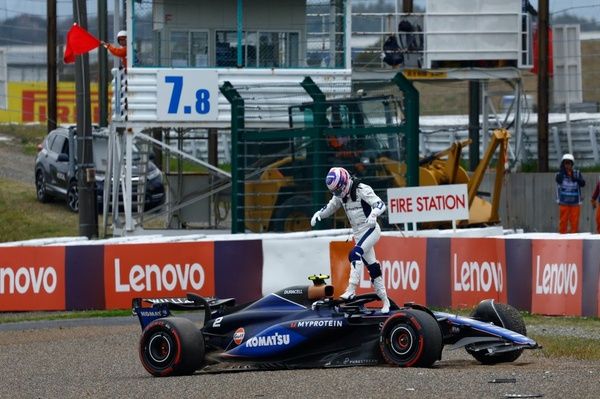Mosley: engine freeze beneficial for all
FIA president Max Mosley believes that the decision to freeze engines in Formula One for the next 10 years will be as beneficial to the sport's sponsors as it is to the manufacturers

The FIA announced recently that it was going to freeze the specification of power units for the next decade, and instead allow car makers to spend their development budgets on creating environmentally friendly-technology like Kinetic Energy Recovery Systems (KERS).
And although that move has brought some scepticism from the manufacturers involved, Mosley insists that it will be beneficial to a lot of interested parties in F1.
Speaking in his keynote address at the Motor Sport Business Forum in Monaco on Wednesday, Mosley said: "This is just as important for the Formula One's commercial partners as it is for the manufacturers and technical partners.
"It is necessary to demonstrate to society that F1 is doing something useful because every major sponsor has an environmental impact committee and it is absolutely essential for F1 teams to be able to demonstrate to major companies that they are able to really make a contribution."
Mosley elaborated that he felt there was little point in now allowing the manufacturers to spend any money developing their engine units.
"Full engine freeze is very imminent now," he said. "Why are we doing that? The F1 racing engine is fully developed; there is no need to develop an F1 engine any further. The engine runs at 19,000 rpm which is far faster than any comparable engine.
"It sounds good, it's reliable and amazingly the six partially frozen engines of the current manufacturers are really evenly matched.
"Instead, we will allow manufacturers to spend money on technology which is really useful. The first part of that is the KERS (Kinetic Energy Recovery System) device, which we are introducing in 2009. This is exactly the sort of thing that F1 should be doing because F1 has a need to show that it is useful."
Mosley was joined on stage by BMW board member Burkhard Goeschel, who is also chairman of the Formula One Manufacturers Advisory Commission.
Goeschel said he supported the idea of focusing on relevant environmental technology in F1.
"Formula One should be road car relevant," he said. "The car industry has a big challenge in improving the efficiency of cars and to reduce CO2.
"With a move towards more hybrid and eventually electric cars, energy storage is the most important development process which is taking place in the car industry at the moment. F1, with the introduction of KERS and heat recovery devices, is therefore at the leading edge."
He added: "Raising engine speed from 19,000 rpm to 20,000 rpm is not relevant for the car industry. But KERS and heat recovery are relevant and I can tell you that Formula One has made a step to the leading edge of technology. It is driving this process forward."
Be part of the Autosport community
Join the conversationShare Or Save This Story
Subscribe and access Autosport.com with your ad-blocker.
From Formula 1 to MotoGP we report straight from the paddock because we love our sport, just like you. In order to keep delivering our expert journalism, our website uses advertising. Still, we want to give you the opportunity to enjoy an ad-free and tracker-free website and to continue using your adblocker.















Top Comments